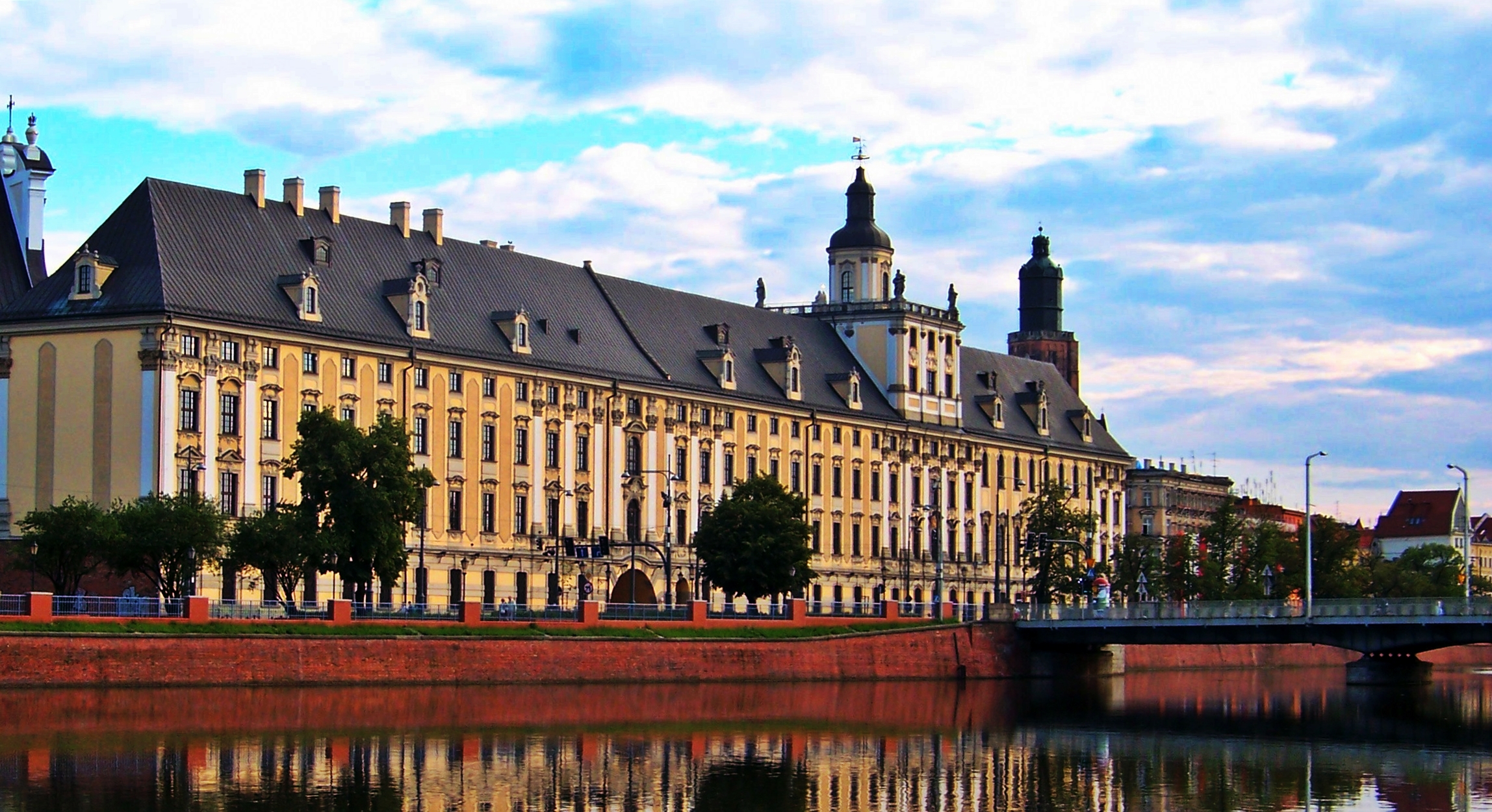Foreigners living in Poland will have experienced various reactions to having decided to live here:
- You’re from New York, wow!
- London? Cool!
- France? Nice place?
- Spain – great language.
But also:
- Russia? This is a free country now, luckily.
- Ukraine? Oh.
- Turkey? Are you an Arab? I hope you are not a terrorist.
- Armenia? Where’s that?
Can you see the difference? The west is the best, the east is the beast. Just as Western Europe once considered the ‘east’ all pretty much the same, the former Eastern bloc countries once considered all Western countries as all quite similar: richer, with a better standard of living and more developed.
Today in 2018, much has changed. Wrocław has foreign inhabitants from all corners of the globe including less obvious places such as Cape Verde, Nigeria, Columbia, Nepal and even the Czech Republic (OK, that was ironic, but considering the short distance, there are very few). But who is who and why are we here? And does this affect how they are treated? Well, it can, but it all depends on who you meet or deal with on a regular basis. We are here for a great number of reasons.
Poles who have travelled, educated themselves to decent level and/or simply have a good nature, are open-minded and curious about each foreigners story that led up to migrating to Poland.
Still, prejudices exist and probably always will amongst the small minded, nationalistic far right, but if we overlook this minority, we can see something remarkably different about the foreign contingent living in Wrocław and Poland. Poland is not Germany or England with their colonial past, political correctness, surplus of benefits and benevolent welfare system. Freeloaders and spongers are therefore largely filtered out. If you come here, you have to work for a living and contribute. The upshot is that Poland has a better quality of foreigner than many other ‘more developed’ parts of Europe.
In Western European countries there is a tendency for the majority of foreigners to stay in the big cities. Is this to stay close to a source of income? Fear of the unknown? Why are many people unwilling or not keen to explore the country they live in? This is a matter that puzzles me, especially people who have lived there for a good number of years and in extreme cases without a basic command of the local language at all.
However, Poles are different. When Poles started migrating to the UK they began to inhabit not only all major cities, but, it would seem, everywhere else in between. Could it be their historical, imperialistic nature? This is also puzzling for me. Almost every small town has a Polish workforce and very often a Polish shop too. Very few Poles living in the UK are unable to have a basic conversation in English, except for those who choose to isolate themselves and live in Polish ‘bubbles’. And this can happen especially when the flight attendants, pilot, bus driver, hairdresser, butcher and work colleagues are Polish, but it is really a matter of choice.
Ukrainians seem to have a similar approach. Yes, I am saying that Ukrainians are in fact similar to Poles, although at times Poles seem to feel superior to them, at least in Poland. They are taking on jobs less desirable for the local people and literally spreading though the country. And hats off to them. They are also acquiring the language quickly, working hard and in some cases saving enough money to put down a generous proportion of the money needed to buy a home. Ukrainians are employed in many sectors of industry including I.T, manufacturing, gastronomy and services and even have their own newspaper about life in Wrocław called ‘Privet’.
The question now arises: How or how should a foreigner consider themselves in Poland?
Well, the favoured term is ‘Expat’. An Expat, according to most available definitions, is a person living a privileged life abroad, for instance, a British engineer sent to Poland to set up a production line and transfer know-how; a person who has an expenses account, a free flat and is paid 80% in sterling and 20% in PLN, which he or she has trouble spending. On the other hand, a migrant worker comes here on their own free will, to escape financial or other hardship, seeking out a better life, better earning potential and is often willing to start from less desirable job options, e.g. cleaning, physical labour, basic services and so on. And this was the same for Poles, even educated ones, who arrived in the UK after Poland’s accession to the EU. Many Ukrainians are also well skilled and educated but feel they need to prove themselves and work twice as hard as the local people to get ahead.
Expats, according to the definition stated, certainly exist in Poland and very often know that there stay is limited and don’t feel the need to learn much about the language, culture, country, history or traditions. They have a mission to accomplish and then return home. Because of this advantaged status, they are generally treated well and enjoy their stay here. The migrant workforce has a tougher time as they are more likely to face prejudice and unfair treatment at the hands of local authorities, small-minded locals and greedy, exploitative employees. However, those who put in the hard work and stick it out are likely to reap decent rewards in the long term and, I hope, acceptance as equals.
It is plain to see that this classification is not complete. There are many people who fit neither model. Students come from all over the world to study in Wrocław, even from the UK, as they can gain an EU recognized degree or Master’s degree and have the opportunity to do so in English at a fraction of the cost elsewhere. What about the Spaniards and Italians working here for large corporations like IBM, Credit Suisse and HP? Or the American and British ‘Native Speakers’ that find work at language schools and educational institutes? Or the ambitious and adventurous foreigners who decide to set up a business in Poland and have to learn all the rules and regulations and how to deal with Poles in order to run a successful enterprise? Or even the early retirees who come from abroad choosing Poland because they can live well on their foreign state pension. And what of the Poles who have spent the majority of their lives’ abroad and have made enough money to return to Poland to live out their days in relative comfort? Born here, but deeply influenced by the country and culture they became acclimatized to sometimes with dual citizenship. Professional athletes playing for local teams? Or more locally, writers such as, ‘Christian. A. Dumais’, and stand-up comedians like ‘Famous Jim Williams? What do we call these people?
Personally, I find it hard to do this. Not expats and not migrants. Simply foreigners in Wrocław trying in various ways to forge a life for themselves here and in so doing identifying themselves with the city. We as foreigners have, whether we like it or not, contributed to the culture here. Foreigners make up 10% of the population of the city and this makes a difference. Many Poles have families abroad, foreign partners, work for foreign companies, have foreign friends and speak foreign languages. In fact, Wrocław was recently voted the best city in Poland for English language competence. Wrocław has become a home for people of all nationalities. Perhaps it starts as a meeting place, but for many it becomes home.
So, who are we? We are not Poles, but we live here for the reasons stated earlier (with no doubt many others) and love this place. We are Wrocławians. This is our city as much as it is anyone else’s.
Bobby Chopper a freelance British writer based in Wroclaw.






















